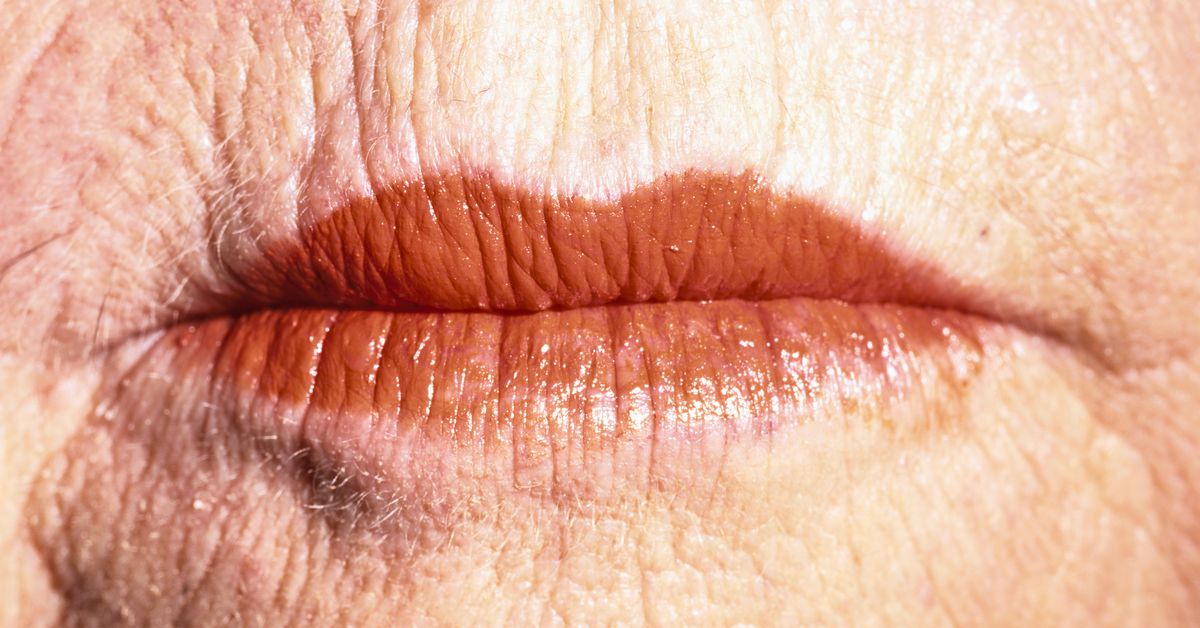Reduce training time, increase brand loyalty, and embrace the holidays with AI
It is that exclusive time of year, when merchants all-around the world seem to bolster their ranks with seasonal workers to fulfill the surging demand from customers of the holiday seasons. Developments in coaching and assist instruments that assist the onboarding process of these recruits can guarantee that new agents are prepared to deliver a cheerful (and on-manufacturer) knowledge in document time. High-quality training can put together an staff not only to provide great company to clients, but to act as an ambassador for a manufacturer when setting up loyalty, rising profits, and cultivating a lasting positive popularity. Schooling merged with arms-on experience navigating nuanced and emotionally charged consumer interactions on behalf of a certain manufacturer can create brokers with the know-how, approaches, and knowledge to switch any problem into an opportunity. And AI-powered tools supply details and perception that delivers the skills of short-term seasonal staff members closer to professional-degree call heart agents for the duration of the most higher-stakes time of the yr.
Authentic-time knowledge = truly quick solutions
Onboarding seasonal employees implies furnishing a simple framework of the fundamentals and then sending them off to the races as soon as probable, but there’s a whole lot to discover in the method. Not only are seasonal personnel tasked with learning new technologies, but they also require to get merchandise know-how and brand name awareness—fast. By pairing inexperienced brokers with AI-run call centre platforms like Talkdesk Retail Practical experience Cloud—which involves resources that evaluate language and provide





















/https://specials-images.forbesimg.com/imageserve/604ad3acf728cc29468fec2e/0x0.jpg?cropX1=0&cropX2=846&cropY1=47&cropY2=523)
![See Inside the Amazing Homes of State Music’s Queens [Pics]](https://townsquare.media/site/204/files/2020/08/tim-mcgraw-faith-hill-mansion-california-pictures.jpg?w=1200&h=0&zc=1&s=0&a=t&q=89)











